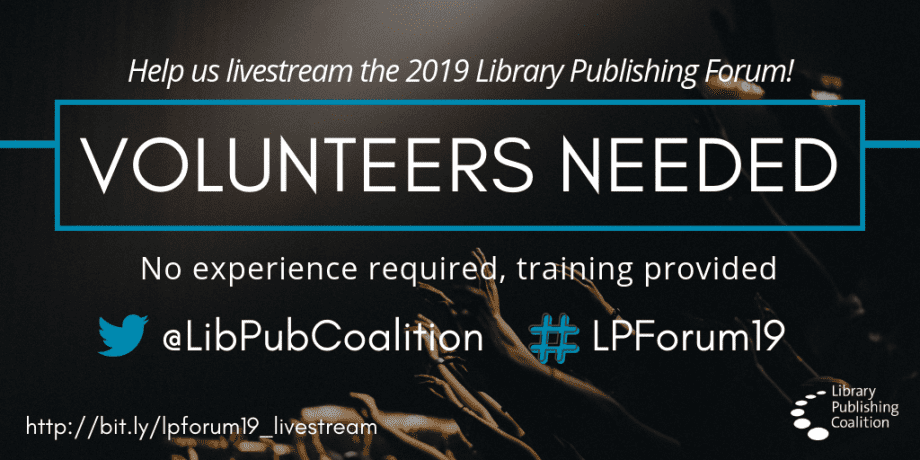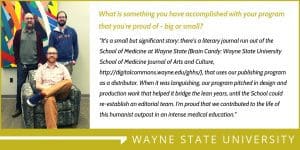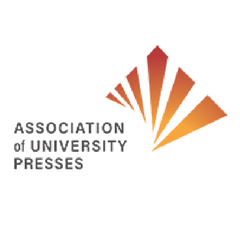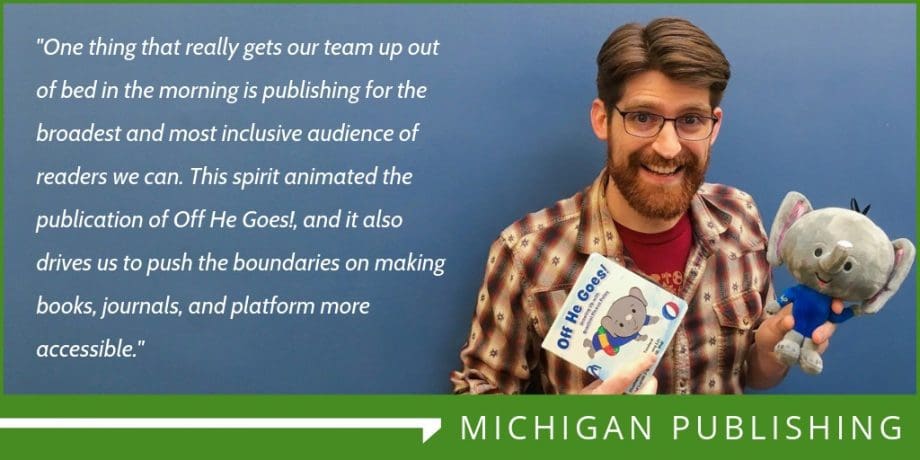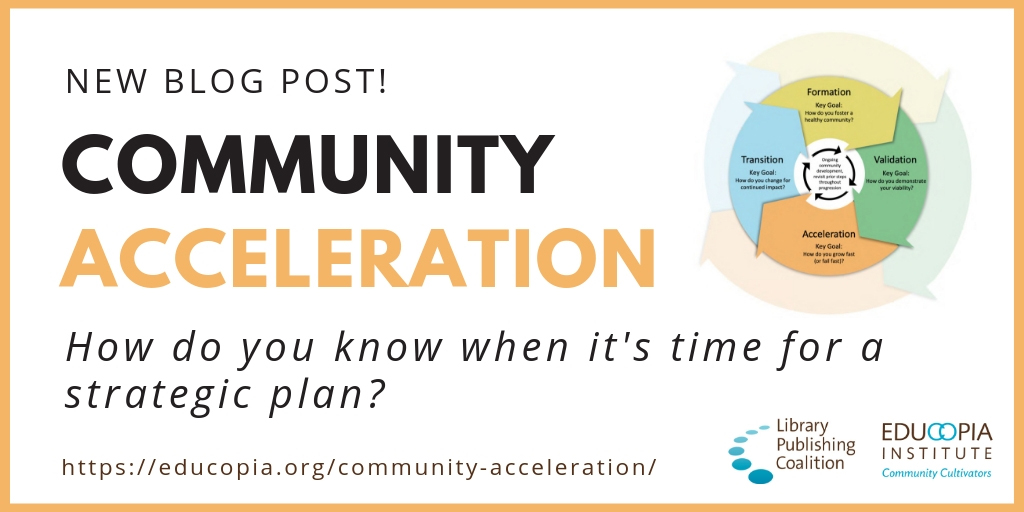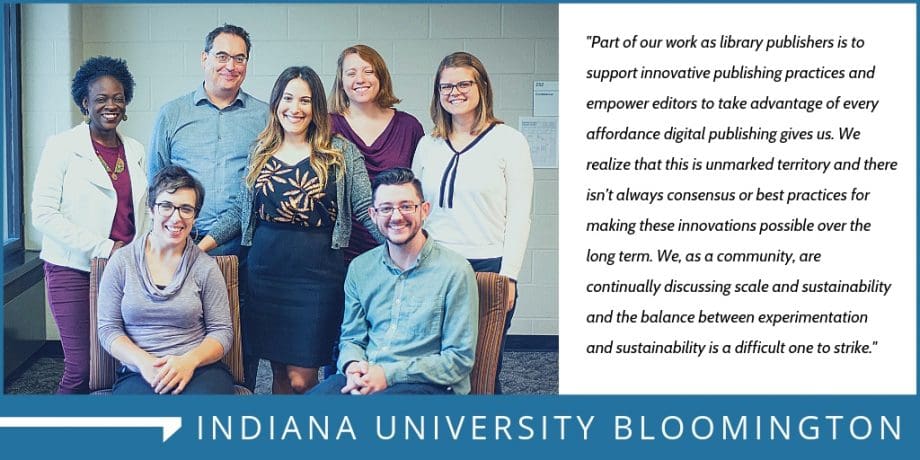March 21, 2019
Reflections on the first meeting of the IFLA Special Interest Group on Library Publishing
By Suzanne Stapleton
Sixty librarians met in Dublin, Ireland on Feb 28 – Mar1, 2019 as the first meeting of the International Federation of Library Association (IFLA)’s new Special Interest Group on Library Publishing. The idea for this group developed from a pre-conference on library publishing in Michigan, USA prior to the 2016 IFLA World Congress/Annual Conference. IFLA approved the new Special Interest Group in the fall of 2018. The Dublin Business School eagerly offered to host the group’s first meeting, providing a comfortable venue for inspiring presentations and rich dialogue. During the meeting, news broke of the University of California’s decision not to renew subscriptions to Elsevier’s ScienceDirect journals package, a reminder of the urgency of the need to make scholarly work accessible and the potential role of library publishing to address these needs.
Library publishing aligns well with the traditional library mission to share knowledge freely. As knowledge has transformed from print to digital formats, library publishing is a logical modern application of the library mission. Approaches in library publishing from the University of Florida, Stockholm University, White Rose University Press in the UK, Pennsylvania State University and case studies shared throughout the meeting affirmed the strategic role for library publishing. Presenters candidly shared successes and challenges experienced in their publishing activities including resources utilized. Librarians offer a unique perspective to publishing as a result of their expertise in knowledge curation, dissemination and preservation.
Academic library publishers are also keen to educate users throughout the publishing process. A session on education and mentoring in library publishing highlighted the publication of appropriate curriculum including the Library Publishing Coalition’s An Ethical Framework for Library Publishing, a pilot course required of student editors at Columbia University, embedding library publishing within a university writing course at Simon Fraser University, and development of a certification program to improve digital pedagogy among faculty with resulting massive open online courses (MOOCs) demonstrating improved student performance at Olso Metropolitan University. Library publishing lends itself to the production of Open Educational Resources and other informational literacy educational objectives such as addressing misconceptions on campus about open access, options for authors rights retention and types of peer review.
